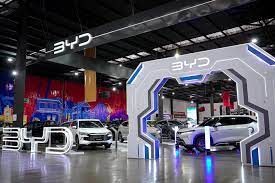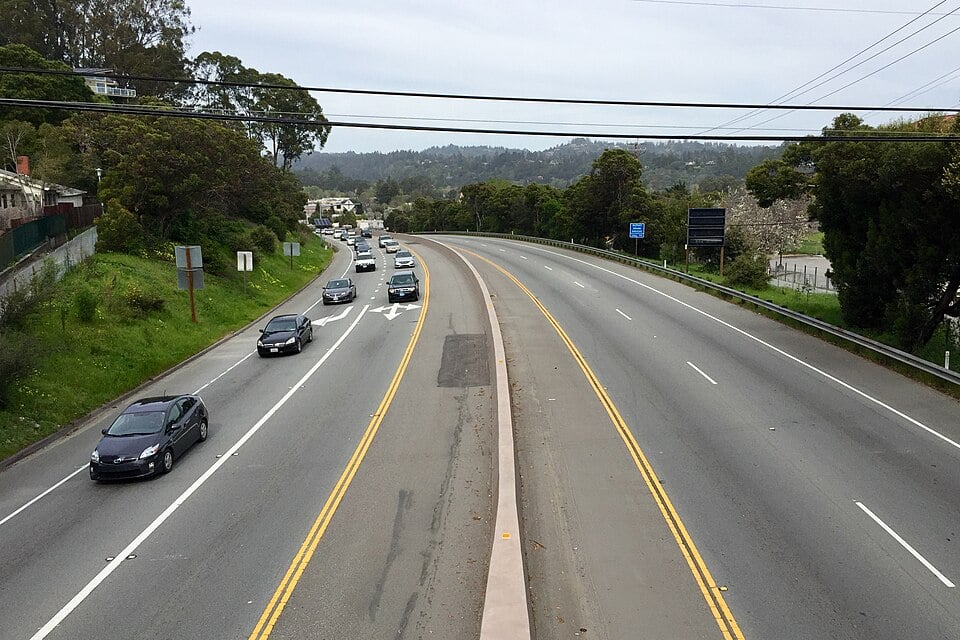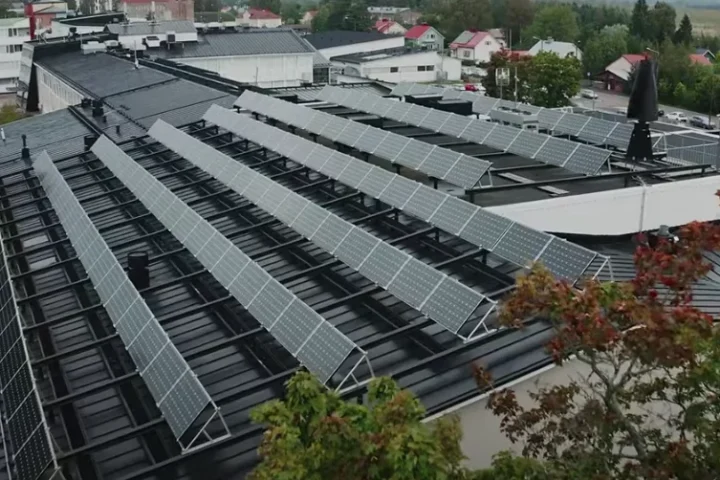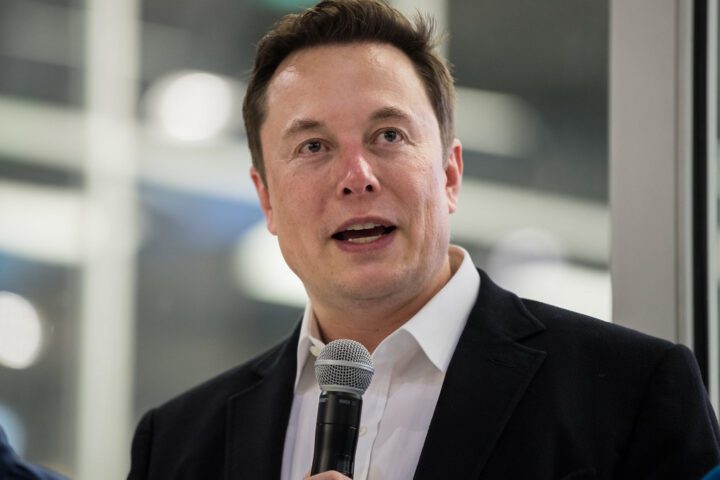Chinese electric vehicle maker BYD is putting approximately €248 million into Budapest, Hungary, creating its European headquarters and R&D center. The May 15, 2025 announcement brings 2,000 new jobs to the city’s 11th district, with 90% requiring university degrees.
The Budapest center will manage BYD’s European sales, handle vehicle testing for EU standards, and adapt car designs for European buyers. Two main research projects are planned: a €105.1 million AI driving system and a €141 million electric powertrain program.
This makes Budapest BYD’s fifth location in Hungary, adding to:
- Electric bus factory in Komárom (running since 2016)
- Facilities in Fót and Páty
- Car plant under construction in Szeged (production starting late 2025)
Local Innovation Push BYD will work with three Hungarian universities and local startups. The company plans to register half of its new patents locally. Engineers will focus on:
- Software for entertainment systems and driver assistance
- Electric power systems
- Vehicle structure and temperature control
- AI and machine learning
- Interface design
- EU certification standards
CEO Wang Chuanfu explained the choice: “Establishing BYD’s European headquarters in Hungary is a natural progression. As the core hub for BYD’s European operations, the headquarters will focus on three key functions: sales and after-sales services, vehicle certification and testing, and localized vehicle design and feature development.”
Hungarian Prime Minister Viktor Orbán welcomed the investment: “Our goal is for foreign investors to bring development capacities to Hungary. Not only manufacturing, but also development capacities. Our idea has always been that the factories arrive first, then the factories’ development centers arrive, and finally the research centres arrive.”
Current Models and Market Position BYD sells several models in Hungary:
- Atto 3 (compact SUV)
- Dolphin (hatchback)
- Seal (sedan)
- Seal U (SUV)
- Tang
- Sealion 7 (launched February 2025)
Business Performance BYD reported strong first quarter of the 2025 financial year results:
- Net profit: 9.15 billion yuan ($1.3 billion), up 100.4% year-over-year
- Revenue: 170.36 billion yuan, increased from 124.94 billion yuan
The Budapest headquarters announcement comes as BYD aims to sell 50% of its cars outside China by 2030, up from 10% in 2024. The company faces competition from established European brands like Volkswagen, Stellantis, and Renault, plus Tesla and other Asian manufacturers.
Supply Chain and Local Impact The investment strengthens Hungary’s position in electric vehicle manufacturing. The country has attracted other battery makers like CATL. BYD’s commitment includes:

- Collaborating with local suppliers
- Creating university partnerships for talent development
- Contributing to Hungary’s tech sector growth
Market Context Europe’s electric vehicle market sees increasing competition as traditional automakers expand their electric lines. BYD enters this space while the EU investigates potential tariffs on Chinese electric vehicles. Hungary opposes these tariffs, with Prime Minister Orbán noting Chinese manufacturers now prefer investing in countries against the tariffs.
The new headquarters will coordinate BYD’s European expansion across the continent.


















